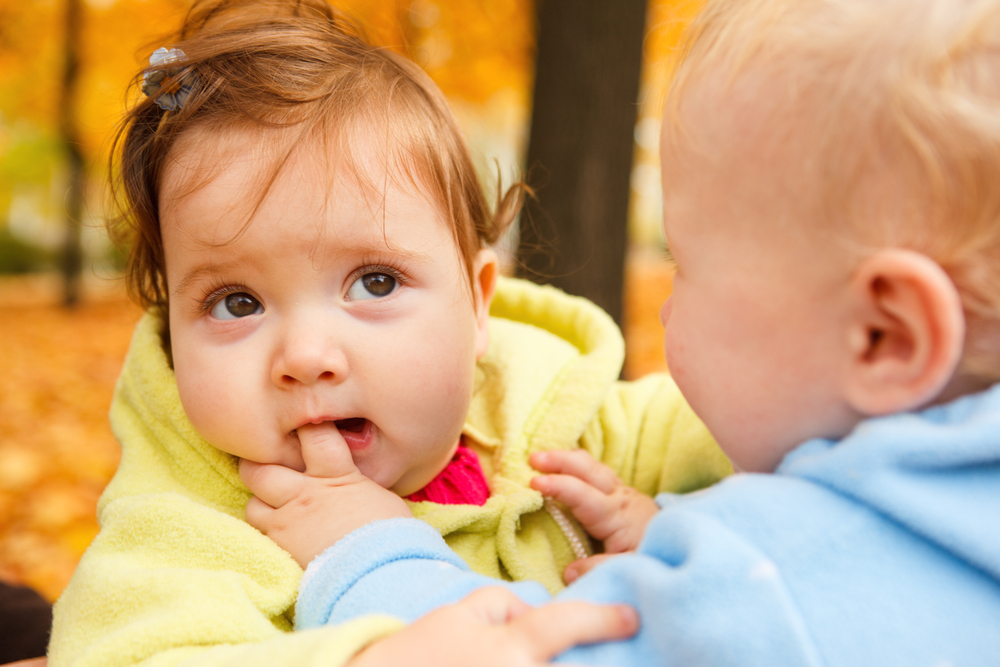
Useful tools
Useful tools
06 September, 2021

How to stop children from biting
If you’re dealing with a child who excessively bites, it can be easy to feel like you’re all alone – but you’re not! Studies show that up to 25 percent of all children will, at some stage, bite others. So while you may feel embarrassed if your child bites in public, know that there is probably (at least) one person nearby who has been through the same thing.
Of course, that isn’t to say that biting should be ignored. Parents of biters will probably tell you they’d rather have their child throw a full-blown temper tantrum in public, and they would do anything to resolve the issue.
So how do you stop children from biting? First, it’s imperative that you know why kids bite – then, what to do when kids bite.
Why children bite
Unfortunately, stopping your child from biting isn’t always black and white. There are a number of reasons they could be biting, from trying to get attention to teething, to releasing their frustration. It can even be experimental, or a display of affection! And for each cause, there is a different solution.
Why do some kids bite? Here are just a few of the most common reasons:
How to stop kids from biting?
Like any parent of a biter, you’re probably wondering how to stop your child from biting. The solution isn’t straightforward, but with patience and persistence, it can be effective.
The two most important things to keep in mind are prevention and creating a bite-free environment. Prevention methods could include distraction (offering your child other stimuli if you see they may be on the verge of biting), discussion about alternative strategies (encouraging them to use their words or giving them teething toys or snacks) and reading books about biting (and discussing their messages in depth).
When it comes to creating a bite-free environment, keep an eye out for any patterns that arise around biting incidents – this could be certain children, actions or locations – and work out how you can navigate these. Perhaps your child should take a short break from a certain friend if they are persistently biting them, or you should keep an item your child feels territorial about out of certain situations. If a struggle to communicate is the reason for your child’s biting, give them alternative methods to express themselves (sign language is great for this). On the other hand, if your child bites to get your attention, ensure you are giving them plenty of love throughout the day.
What to do if your child bites?
While prevention is key, it’s also important to know what to do in the unlucky event that your child does bite. Here are a few ways you can react:
Frequent and Excessive Biting
Biting in toddlers and young children can be seen as more understandable – when a child is old enough to express themselves in more positive ways (and is capable of doing so) it is natural for parents to feel concerned about persistent biting. If your child is older than four and is still biting, or the biting is becoming aggressive despite your intervention, there may be a more complicated reason for their behaviour. Triggers like bullying, relentless sibling arguments, moving, parental fighting, death or illness in the family or financial hardships can drive some children to bite. With older children, the ability to communicate is typically on your side – use it to determine the reason your child is biting so that you can move forward with a solution.